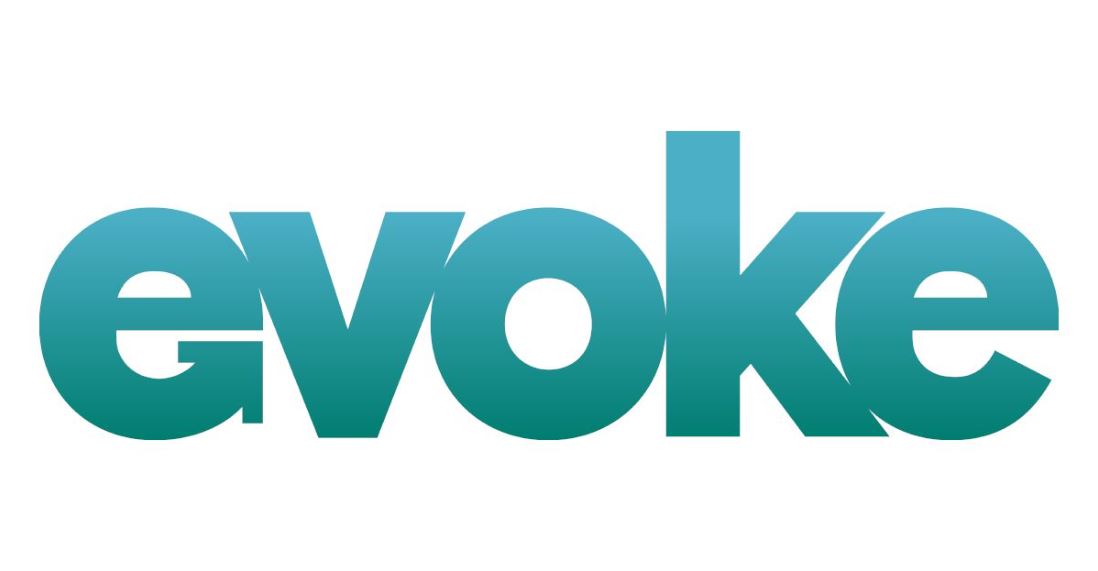Evoke Plc Reports £143 Million Loss in H1 2024
Evoke Plc reports significant financial losses in H1 2024, driven by declining revenues and rising operational costs. Despite the setbacks, the company is implementing a strategic overhaul focused on cost-saving measures and digital innovation to stabilize performance in the second half of the year.

Revenue Decline and Escalating Losses
In the first half of 2024, Evoke Plc reported a notable decline in its financial performance, with revenue falling 2% year-over-year to £862 million. This decline was primarily attributed to poor performance in the UK retail sector, where betting operations have faced increasing challenges.
The company also registered an alarming 341% rise in after-tax losses, reaching £143.2 million, a sharp contrast to the £32.5 million loss reported in H1 2023.
Deterioration in Adjusted EBITDA
Evoke’s Adjusted EBITDA, a key profitability measure, fell by 26% to £116 million. The company’s EBITDA margin dropped from 17.7% to 13.4% as a result of reduced revenues and higher operational costs.
The sharp decline in profitability can be traced back to the underperformance of the UK retail sector, which saw revenue drop by 8%. Other factors included a shift in the company’s business mix, which led to a lower gross margin.
Strategic Overhaul and Cost-Saving Initiatives
In response to these financial challenges, Evoke has implemented a strategic overhaul aimed at improving operational efficiency and reducing costs. Central to this plan is the £30 million cost-saving program, which focuses on streamlining business operations and cutting non-essential expenses.
The company has also begun restructuring its leadership and business model to create a more integrated, “One Company” approach, reducing decision-making layers and increasing overall efficiency. These efforts are designed to position Evoke for a more sustainable recovery in the latter half of 2024 and beyond.
Per Widerström, CEO of evoke, commented: “As I said in our July trading update, while the financial performance in the first half was disappointing and behind our initial plan, the underlying health of the business is continually getting stronger. The corrective actions we have already taken give us even more confidence that our strategic approach is sound and that we will achieve sustainable success”.
Shifting Focus to Digital and Product Innovation
Despite the financial setbacks, Evoke has continued to invest in digital transformation and product innovation. The company has launched several new digital products, including improvements to its Betbuilder platform, and revamped its customer value proposition (CVP).
These initiatives aim to address the evolving needs of its core customer base, with a stronger focus on digital engagement and personalized experiences. This shift reflects the broader industry trend towards online platforms, where growth remains more stable compared to the declining retail sector.
H2 2024 Outlook
Looking ahead, Evoke remains cautiously optimistic about its prospects for H2 2024. The company projects revenue growth between 5-9% for the second half of the year, driven by improved marketing strategies, better product offerings, and ongoing cost-cutting measures.
Evoke also expects a modest recovery in profitability, with an anticipated EBITDA margin of approximately 18-19%, compared to the 25% margin seen in the previous year. Though the company faces short-term headwinds, its leadership is confident that the strategic changes in place will lead to a more resilient financial performance by year’s end.
Long-Term Projections
Evoke’s long-term financial targets remain ambitious. The company is aiming for a sustained 5-9% annual revenue growth from 2025 onwards, alongside a gradual expansion in EBITDA margin. The leadership also plans to leverage the new strategic foundation to reduce debt and enhance profitability.
By 2026, Evoke expects to see leverage reduced to 3.5x EBITDA, allowing for greater financial flexibility and investment in future growth. This path to recovery hinges heavily on the success of the company’s restructuring and its ability to capitalize on the growing digital segment within the iGaming market.
